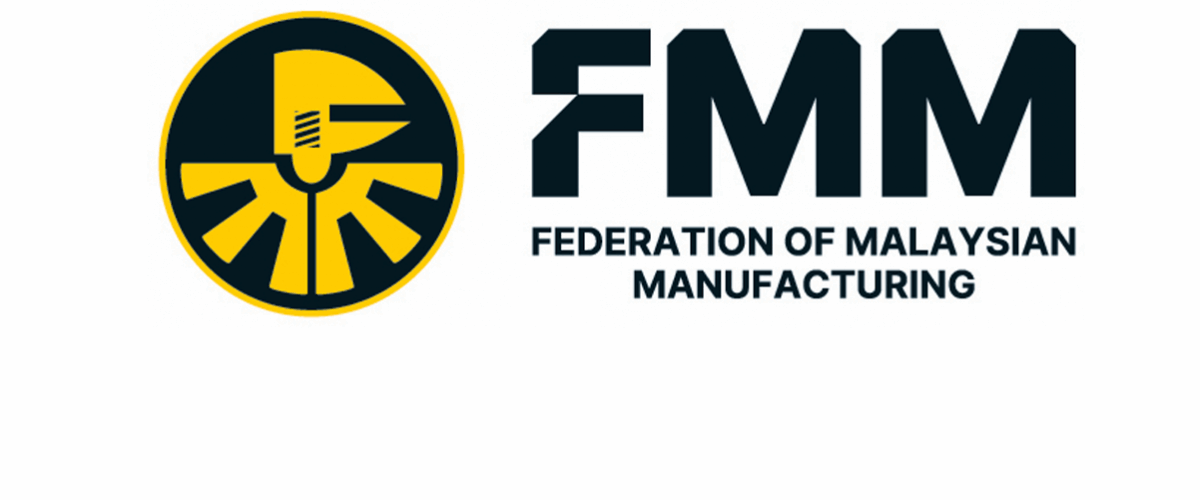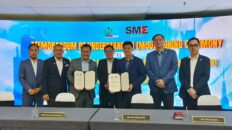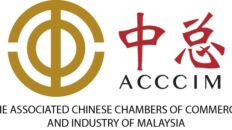The 27th edition of the FMM Business Conditions Survey, which polled 627 manufacturers nationwide between July 2 and August 15, 2025, showed that rising costs, fragile demand, and policy pressures are eroding earlier gains. While firms largely maintained their workforce and operational continuity, appetite for expansion and investment has waned, signalling a shift from cautious optimism in 2024 to a more defensive stance in 2025.
First Half of 2025: Softer Environment
Business activity, sales, production, and capacity utilisation all declined in 1H2025 compared to late 2024.
- The business activity index dropped to 77 (from 98 in 2H2024).
- Local and export sales retreated to 69 and 77 respectively.
- Production and capacity utilisation eased to 83 and 80.
Despite the softer environment, employment remained stable as most firms retained staff. Capital investment continued at a moderate pace but reflected reduced expansion appetite.
Cost pressures persisted: the production cost index rose to 158 from 144, with two-thirds of firms reporting higher input costs.
Outlook for Second Half of 2025: Pessimism Deepens
Forward-looking indicators point to a more challenging 2H2025, with all major indices slipping further below the neutral 100-point level. Local and export sales are expected to remain subdued (83 and 84), alongside weaker production and capacity utilisation.
Key insights:
- Revenue outlook: Fragmented – 39% expect gains, 34% foresee declines, and 27% expect stability. Most gains are modest, while a notable share anticipate contractions exceeding 25%.
- Profit outlook: Tilting negative – 47% expect lower profits, with nearly half of them projecting steep contractions. Only 32% expect increases, and these are mostly modest.
- Business confidence: Firms remain more confident in their own stability (nearly half expect steady operations), but less so about the Malaysian and global economy, where almost half anticipate deterioration.
Technology adoption, particularly AI and digitalisation, was seen as a relative bright spot.
Pressing Challenges
The top challenges identified were:
- Rising input costs (66%).
- Expanded Sales and Service Tax (SST) compliance (63%).
- Global trade policy shifts (60%).
- Electricity tariff restructuring (54%).
- Subdued demand (52%) and intensifying competition (47%).
Firms also flagged concerns around ESG compliance, supply chain disruptions, and financing constraints.
Opportunities in a Shifting Landscape
Manufacturers see diversification as the clearest path forward:
- 56% plan to expand product portfolios.
- Many are eyeing new export markets and international ventures.
- Longer-term opportunities lie in digitalisation, AI, cloud technologies, and ESG initiatives such as net-zero strategies.
Industry 4.0, Tariffs, and Tax Pressures
Adoption of Industry 4.0 technologies remains slow and selective, with only 32% implementing solutions. Most focus on system integration (66%), IoT (47%), and cloud (39%). Advanced technologies like additive manufacturing (10%) and AR (2%) remain niche.
US tariffs are another pressure point, with over one-third of firms facing serious disruption, including profit losses of more than 30%. In response, manufacturers are diversifying markets, renegotiating supply chains, and urging stronger government support for trade promotion and tax incentives.
Meanwhile, the expanded SST has created compliance headaches for nearly half of respondents, with product classification, mixed supply treatment, and unclaimed exemptions proving costly. Many manufacturers expressed preference for GST as a more transparent and efficient system.
Energy Costs and Efficiency Push
Electricity tariff revisions have raised costs for 60% of firms, particularly high-voltage users. In response, many are investing in energy efficiency measures such as efficient lighting, system optimisation, and high-efficiency motors.
Adoption of renewable energy is gaining momentum, led by solar-based solutions (Net Energy Metering, Self-Consumption). Future adoption interest is strong in Large-Scale Solar, the Green Electricity Tariff, and the new Corporate Renewable Energy Supply Scheme (CRESS).
AI: Early but Promising
AI adoption remains nascent, with only 26% of firms implementing solutions. Familiarity is low, with just 12% reporting strong understanding. However, early adopters are already applying AI to customer service, production optimisation, and predictive maintenance.
Reported benefits include:
- Improved productivity (60%).
- Faster decision-making (57%).
- Better resource management (46%).
These gains highlight AI’s potential to deliver both operational efficiency and competitiveness.
Turning Point
The FMM survey underscores that Malaysia’s manufacturing sector is navigating a period of heightened costs, policy pressures, and fragile demand. While the near-term outlook points to contraction and caution, manufacturers are not standing still – they are consolidating, seeking efficiency, and exploring digital and renewable technologies to strengthen resilience.
As FMM’s findings make clear, 2H2025 will be tougher, but it may also mark a turning point where firms that embrace diversification and innovation emerge stronger for the long term.









